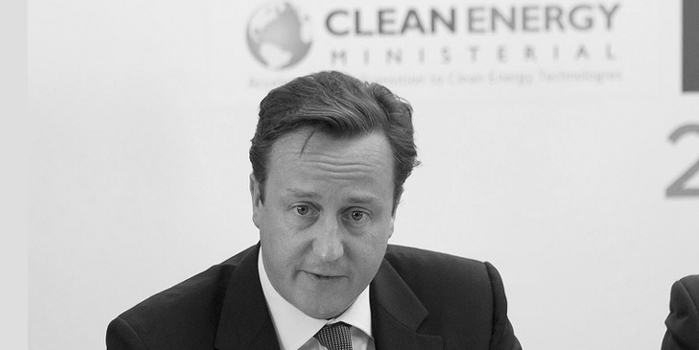Climate of clarity
David Cameron came to power promising to protect the NHS and also badged his coalition as ‘the greenest government ever’. Both promises have, to a large extent, become a source of ridicule for the coalition. But on both the NHS...
David Cameron came to power promising to protect the NHS and also badged his coalition as ‘the greenest government ever’. Both promises have, to a large extent, become a source of ridicule for the coalition. But on both the NHS and on the environment, targets are currently a source of real concern for the prime minister.
On the NHS today, Cameron is struggling with the failure to meet a major target on A&E waiting times. On climate change, Cameron is struggling with the failure to even set a major target for decarbonising the power sector.
This means that instead of talking about how we fund the low-carbon transition, we’re now in the very dangerous place of parliament debating whether we want a low-carbon transition at all. That is exactly what the lack of leadership from David Cameron has allowed this energy bill debate to become.
Politicians of all parties should certainly be supporting a target to decarbonise the power sector by 2030. There is a long list of reasons for doing so – these include emissions targets but also a chance to support a key and growing sector in our economy. But the simple fact is that targets create clarity. They signal where a government wants to go. They provide direction for public, private and third sector actors working in different industries and services.
Do we want to meet the targets set out in the climate change bill? Do we want to provide a positive environment for the billions of private sector investment that we need to fund the low-carbon transition? Do we want to ensure that Britain captures as much of the expertise and skills development in low-carbon technology so that we can export it in coming years?
A clear way to ensure these things is to set a target and then let civil servants loose on measuring that target; civil society can then hold the government to account on that target; investors can move capital to fund low-carbon projects based on that target.
This energy bill should have been a time to focus on implementation. The details on contracts for difference, the levy control framework and the capacity mechanism will have a huge impact on how we can get the best investment to fund our low-carbon transition. But David Cameron’s lack of leadership means that we are now debating a target. The focus is on our political will to tackle climate change, not the necessarily technical and complicated detail of how.
The fact is that on the NHS, on climate and on so much more, we’re left stranded with this government. A bit of clarity and leadership on energy and climate change would go a long way right now.
